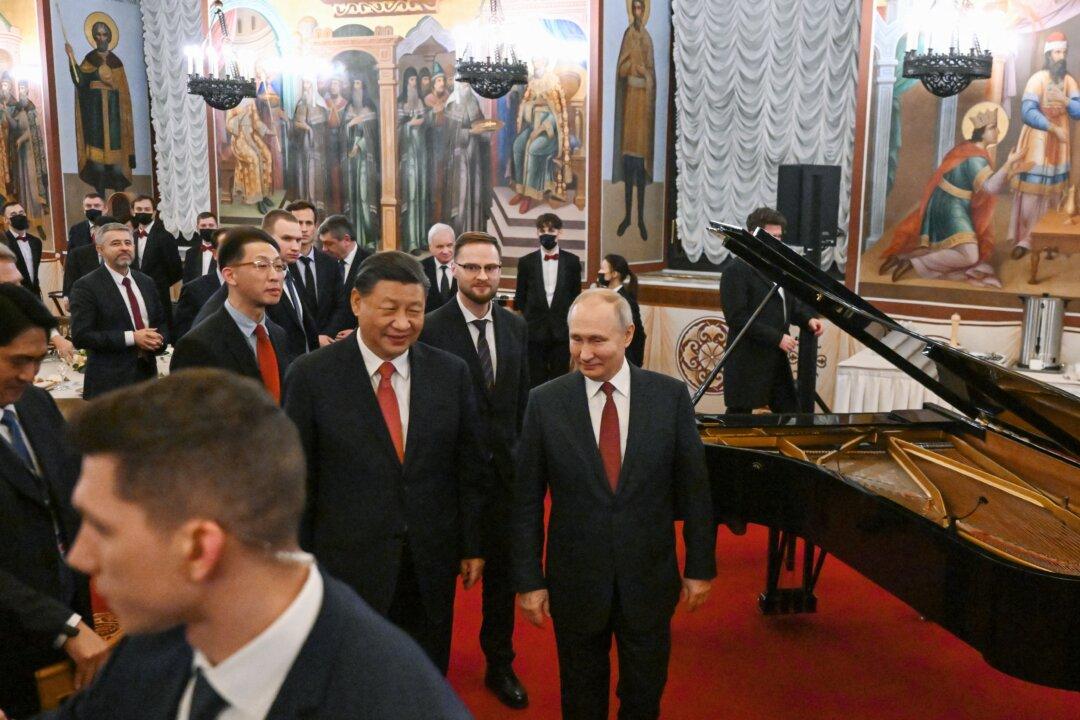Short-lived as the Wagner rebellion was, its impact is rippling far beyond Russia’s borders. It could even be the beginning of the end for the coalition that Beijing led with Moscow against the free world, some analysts have said.
In a dramatic 24 hours, the paramilitary group captured world attention as it took over the city of Rostov, a key tactical hub for Russia’s war effort in Ukraine. Leading the revolt was Yevgeny Prigozhin, a once-trusted ally of Russian leader Vladimir Putin, who described the action as a “stab in the back.”





